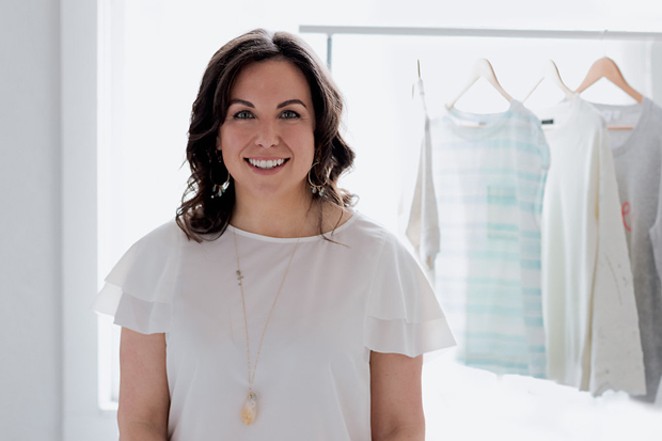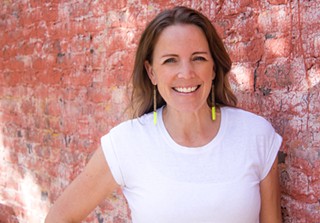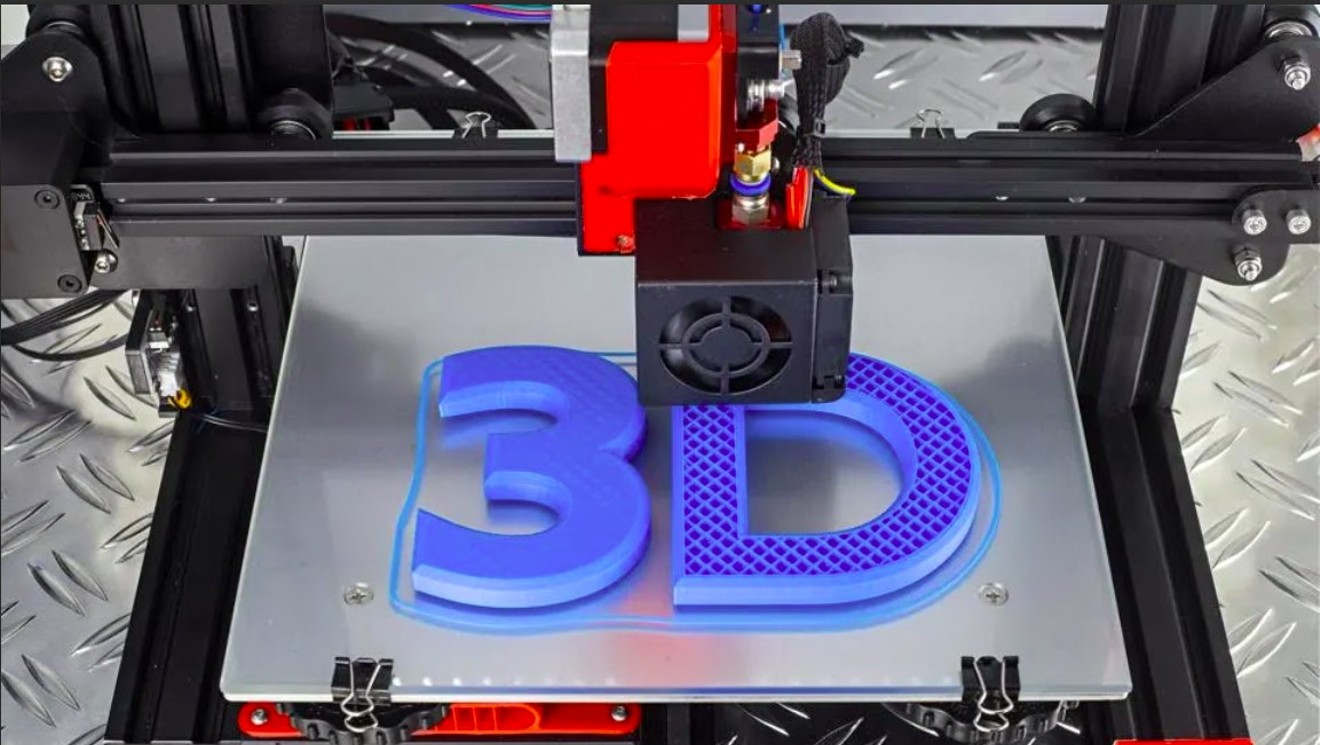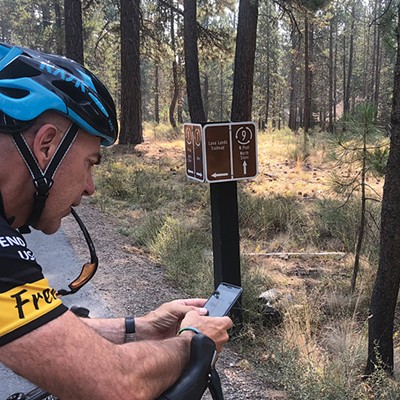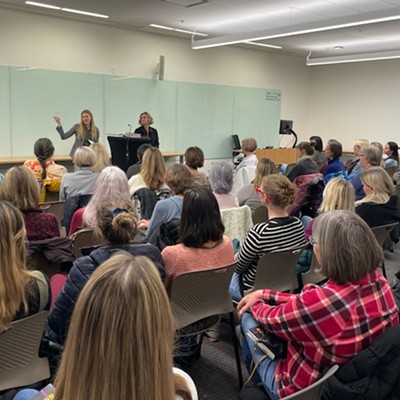Melissa Jean, of Tidy + Flourish, is the first certified KonMari Consultant in Oregon. She coaches people through the KonMari Method™ to tidy their home and live their ideal life with intention and gratitude. As we roll out our issue focused on the neighborhoods and the homes of Central Oregon, we sat down with her.
Source Weekly: Briefly describe what you do and what the Marie Kondo method is (for those who may have been living under a rock in recent years).
Melissa Jean: I am certified by Marie Kondo as a Platinum KonMari Consultant where I teach people how to create a home and life that is in alignment with their values and vision. I specialize in guiding people through whole home transformations as well as tidying particular categories using the KonMari Method™. I offer in-home organizing sessions for half-day or full-day appointments for residents of Bend, Sisters and Redmond (COVID safety procedures followed). I also offer virtual sessions for those who are in need of do-it-yourself support or live outside our local area. My business, Tidy + Flourish, offers complimentary video or phone consultations to discuss organizing obstacles and determine solutions.
The KonMari Method™ teaches you how to tidy by category—not by room or location— beginning with clothes, then books, papers, miscellaneous items and lastly sentimental items. The basis of this work is that you solely focus on keeping items that speak to your heart and let go of belongings that no longer spark joy with gratitude. It is as much of a self-discovery and intentional practice as it is a home organizing method. The results are life-changing and profound.
SW: What are some of the biggest problem areas in homes?
MJ: Garages tend to be the most common and biggest problem area in homes. This space serves multiple functions and often contains all of the KonMari categories, which makes this area a challenge to stay organized for many people. The garage also tends to be a makeshift storage space where it houses items that people are not emotionally ready to address. Commonly garages will store unused wedding gifts, inherited items, childhood memorabilia and furniture to "deal with someday." I assist people by making that "someday" today, taking care of it once and for all. I ask them detailed questions that lead to insights and aha moments.
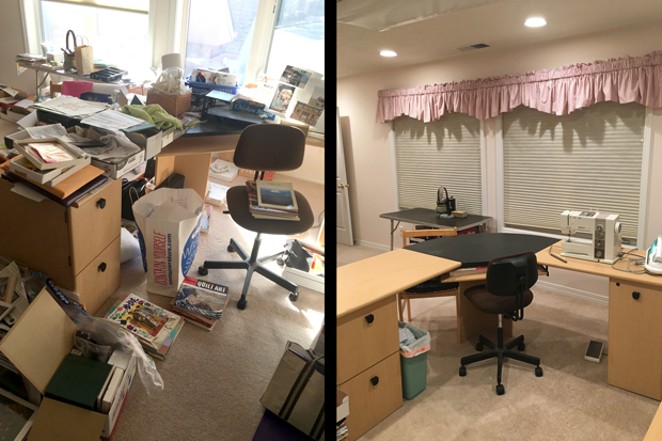
The collection and management of paper is another problem in most homes, along with clothing. Both categories tend to accumulate throughout the whole house which creates clutter. Paper and clothing are overwhelming and are often tied to past experiences and emotions. With my support, I keep clients focused on the task (as distractions are one of the main obstacles to organizing), I create a safe and compassionate space for them to make a decision and I teach them how to listen to their body's response as they choose joy.
SW: How might you approach a project in a mid-century home, for example, versus a grand new home?
MJ: In a mid-century home, there is often considerably less storage space since the homes were designed for a different era where the closets and cabinets are much smaller. The consideration for an older home is to be creative with how items are stored within the home and coming up with unique solutions to store items with care. Whereas with newer homes, the key is to embrace empty space and to resist the temptation to fill in every available storage area. Oftentimes people keep items that are not truly joyful to them just because they have extra room to store it.
“When you intentionally choose to keep only joyful items and lovingly care for them, it becomes a new way of living that is easy to maintain, even during chaotic times of life.”—Melissa Jean
tweet this
SW: But seriously, do people tend to stick to the program when they go back to their busy day to day lives? Also — do people ever get overzealous and find out that while they didn't get joy from something, they actually needed it and wish they hadn't gotten rid of something?
MJ: Yes, people do maintain a tidy home, even after years since we last worked together! What is different about the KonMari Method™ of decluttering is that well beyond learning organizing skills you are completely altering your relationship to your belongings. Instead of it being just another program that you have to maintain in order to stay organized, it is a complete shift in perspective of how you relate to your home. When you intentionally choose to keep only joyful items and lovingly care for them, it becomes a new way of living that is easy to maintain, even during chaotic times of life. I can also confidently proclaim, once you have tidied your home, you reclaim valuable time and are not nearly as busy as you once were.
Absolutely, people have gotten rid of something they wish they hadn't and it is a natural part of the process. When you are first learning to tidy, it is a brand-new way of making decisions which are based on your personal joy, not practicality or "what if" scenarios. It is common that mistakes are made when learning this process. The great news is that in the KonMari Method™, these lessons are learned on items that are easier to repurchase, such as with a pair of socks or a book, instead of during the sentimental category where items are irreplaceable.
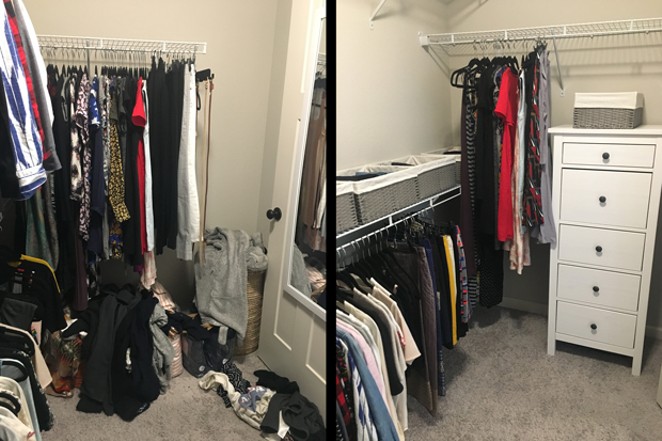
SW: What general advice do you have for those whose homes aren't hoarder level, but who may be considering tackling home organization more seriously during this time of so much being at home?
MJ: My advice for everyone, regardless of the amount of belongings they have, is to begin the home organization process by having a vision for their space and how they plan to enjoy it. Since we are spending so much time at home, the question to ponder is, "How do I want to feel in this space?" Most people sense that their house is cluttered, especially in winter during a pandemic. What typically happens is that people will get fed up and quickly tear through the house purging everything that is unnecessary into a bag to be donated. It provides quick relief but is not a sustainable practice. You also end up focusing on what has to go, instead of what you want to keep. I advise that instead, you take a little more time, determine a vision that works for you and your family, tidy by category and only keep items that support your passions in life. The result is feeling immense gratitude and appreciation for what you own instead of burden and overwhelm.
SW: Anything else you'd like to add?
MJ: When in doubt, always start by recognizing what you love and brings you joy FIRST before you decide what you want to let go with gratitude. It is a subtle difference that is the key to everything! You will learn more about yourself and your preferences and it will inform all of your future purchasing decisions, which will save you time and money in the long run.

